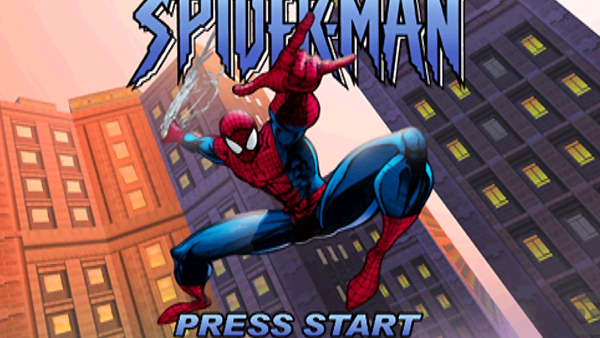Why There Aren't More Truly Great Superhero Games
5. The Activision Years

After years of letting anyone have a go, Marvel sold the exclusive rights to their characters in 1998 to Activision, which started nearly two-decades of games made under their tutelage. The ins-and-outs of the deal aren’t public knowledge, but it was most likely in response to Marvel's impending bankruptcy in the same year. The company sold the rights to their characters to movie studios in the same vein, in an attempt to keep afloat.
Initially, the partnership was a huge success. In 2000, the publisher debuted three AAA Marvel titles: The fighting game X-Men: Mutant Academy, Neversoft’s seminal Spider-Man, and Blade. From here on out, there would be at least three superhero games from the publisher a year, with sequels coming on an annual basis.
The frequency came at the cost of quality, however. The speed of production meant one year could birth great titles like Spider-Man 2 or Marvel: Ultimate Alliance, while the next could see disappointments like Fantastic Four and X-Men: The Official Game. Still, the projects themselves were huge commercial successes, and it led Marvel and Activision to renew their deal in 2003, with a new expiry date of 2017.
Unfortunately, as documented in our video focusing on Activision as a whole, the publisher eventually began to push these titles to the wayside. The amount of yearly superhero games was slashed in 2007, which just so happened to be the year Call of Duty 4 changed the entire industry.
Even worse, while Activision reduced its gaming output massively as it began focusing on online services, it kept the same short development cycles for its licensed games, prioritising release dates over quality. Some titles overcame their constraints during this era, such as Deadpool and Shattered Dimensions, but even they lacked the quality and polish of major blockbuster releases.